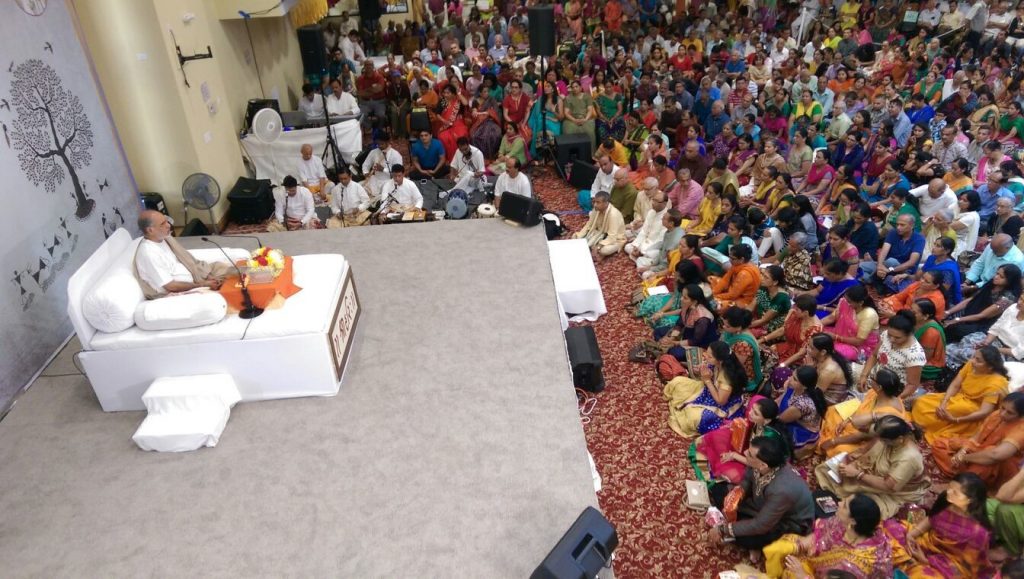A soul comes into this world depending on his fate or destiny, which is a residue of his past deeds and actions in previous births. Actions do not take place without causing or bringing about reactions. Actions or deeds that do not bear their results in a particular life accompany the soul even after death to the next life. Therefore, it is said “karmānugo gachhati jīva ekaha,” meaning, soul alone follows deeds or actions.
As per the deeds of the soul, fate takes shape resulting in three decisions. “Jātyayuha bhogah,” meaning, the species, the life span and the pleasure or pain; in which species the soul will take its next birth, the life span required to enjoy or suffer due to one’s actions and the amount of pleasure or suffering that has to be borne, these three issues are to be decided by the fate that follows one’s actions.
Hence the good or adverse situations we face in our life may be caused by fate or they could also be caused by past actions of our present life. Looking at it anyway, whether caused by fate or past actions, favourable or adverse, the pleasant or the unpleasant incidents in our life are caused by our own actions. Hence it is said in Sanskrit Subhashitam:
“sukhasya dukhasya na kopi dātā
paro dadātīti kubudhiresha
aham karomīti vruthābhimanaha
swakarmasūtre grathito hi lokaha”
Meaning, no other person is responsible for our happiness or pain, but us. Man is free to perform his duties, to act, hence the responsibility for his fate also is of his alone.
“karmapradhān vishwa kari rākhā
jo jas karhi so tas fal chākhā”
God has made this world and it is governed by the actions of its inhabitants. Hence, what we sow we reap.
